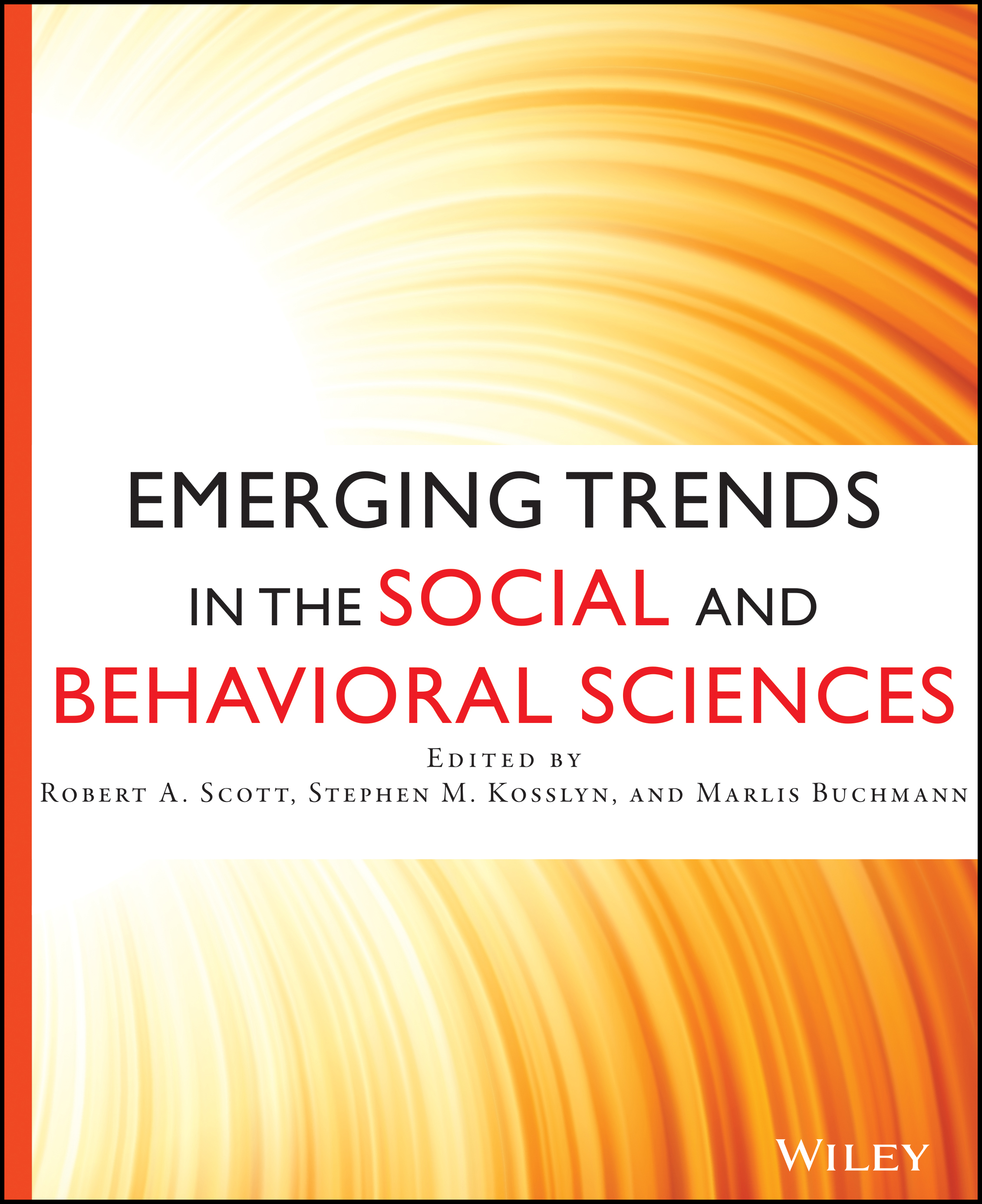Abstract
“Big data” from online communities opens up unprecedented opportunities for social scientists to track human behavior and social interaction in real time and on the individual level yet on a global scale. Will the empirical windfall make theory unnecessary by allowing scientists to search for whatever pattern is “out there,” expected or otherwise? This essay argues that the deluge of relational data promises a new beginning for causal explanation, for two reasons. First, these new sources of data—from friends, peers, neighbors, colleagues, and coworkers—avoid the atomistic theoretical bias imposed by a half century of reliance on surveys administered to stratified random samples. Second, the growing ability to conduct online experiments with randomized trials makes it possible to test theories about the causal processes that underlie observed patterns.



